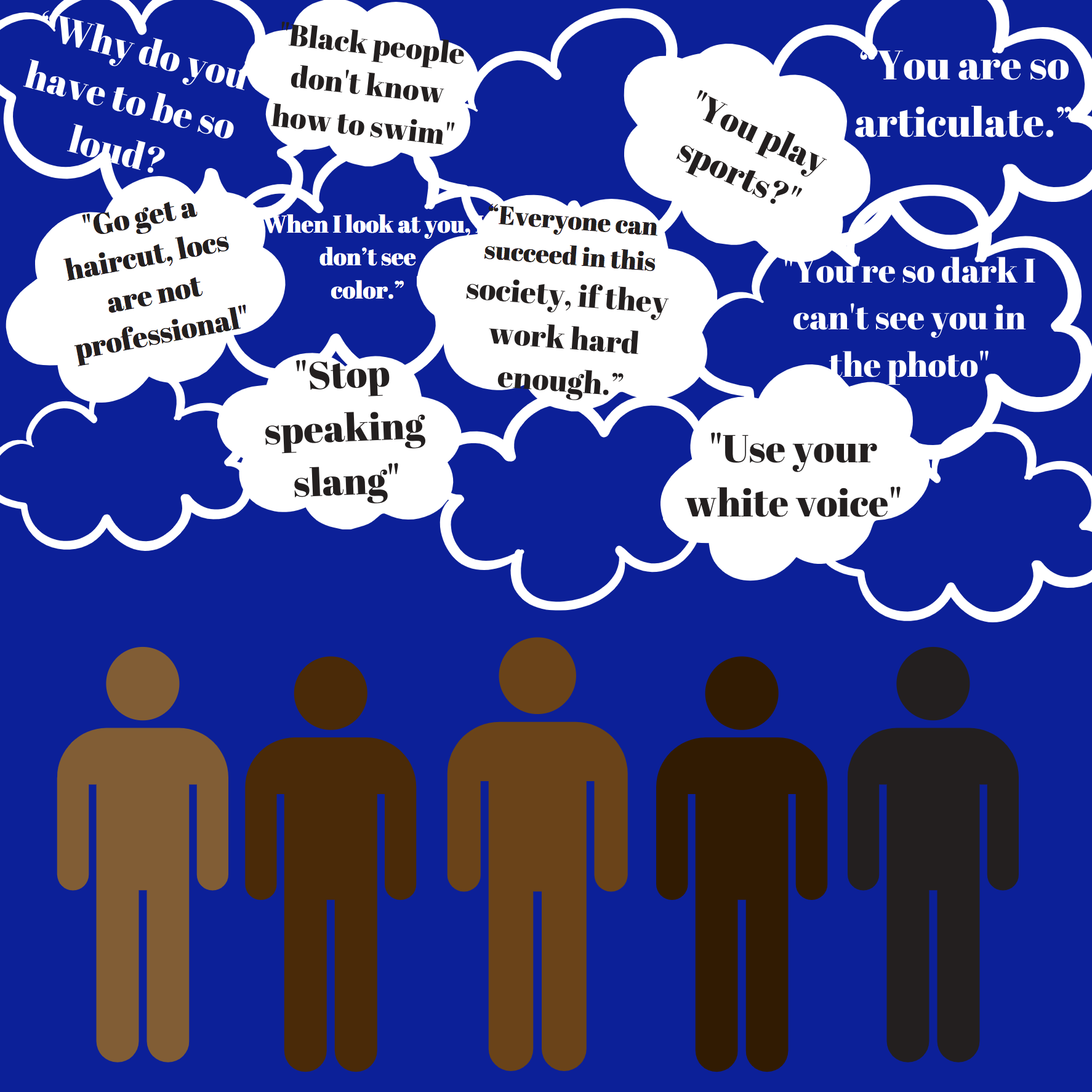USC Aiken employee uses racial epithet at university-sponsored event
Editor's Note: This news article is intended to be read alongside a column written as an explanation of the choices made by the writer and the editorial staff. Please click here to read that column before beginning this news story. Thank you.
Diversity Initiatives hosted a roundtable event about slurs and their reclamation on Wednesday, Jan. 22, during which an employee of USC Aiken used a racial epithet.
The event, named “The Blank Word,” discussed the power of reclaiming of slurs by the oppressed as a form of power over the oppressor. Terms formerly used as a verbal reminder of a system of oppression could be used in pride performances and movements that attempt to “reform” the identities of marginalized groups.
Along with discussing the reclamation of slurs, the event delved into who gets to decide when a term is no longer offensive.
Travis Hardee, coordinator of Diversity Initiatives, facilitated the event. In his presentation, he wrote that only “relevant individuals and their group” may decide on when and who may reclaim the slur.
During this point in the presentation, there was a brief pause for questions.
Maureen Quinn, a university employee, inquired as to why she could not “turn to someone and call them a nigger.”
The reaction following the statement was a discontented murmur throughout the audience as well as a few exclamations.
In an email correspondence with Pacer Times, Quinn stated that she did not understand the “backlash” about her comment.
“As the moderator pointed out, we were there to examine the negative connotations gained by some words,” she wrote. “Also as noted, that discussion was academic.”
“It seems the room exploded because I asked a black man who he allowed to call him “nigger,” she continued. “ Why not say the word, if the context is not being used to directly insult someone?”
Eyewitness statements note that she did not ask for permission before making her statement.
Later, the facilitator for the event prompted each of the roundtables to discuss the appropriate contexts for using slurs between those within the community and outside of it.
The general consensus of the audience agreed that there is a specific context for the usage of slurs, and it is only between those who are and were affected by them.
This disregards academic, professional and other contexts that do not apply to the aforementioned.
As Travis Hardee mentioned earlier in the presentation that with the reclamation of a slur, “a minority group has a chance to identify themselves,” rather than be identified by the oppressors.





